Pupylation Analysis Service
Pupylation is a type of post-translational modification (PTM) similar to ubiquitination in eukaryotes, mainly found in actinobacteria such as Mycobacterium tuberculosis. It is mediated by a protein called prokaryotic ubiquitin-like protein (Pup), which is covalently attached to the lysine residues of substrate proteins through enzymatic reactions, marking them for degradation via the proteasome pathway. Compared with the multi-step ubiquitination system in eukaryotes, pupylation has a more simplified mechanism but plays a critical role in maintaining protein homeostasis and stress responses in bacteria.
DeMartino, GN. et al. Trends Biochem Sci. 2009.
Figure 1. General Features and Comparisons of Mechanisms of Ubiquitylation and Pupylation
Studies have shown that pupylation plays an important role in helping pathogenic bacteria such as Mycobacterium tuberculosis adapt to harsh environments, regulate metabolism, and establish infection. Since this modification system does not exist in humans, it is considered a potential target for anti-tuberculosis drug development. Therefore, systematic analysis of pupylation is of great significance for both basic research and drug discovery.
As a professional CRO specializing in proteomics, MtoZ Biolabs provides high-quality pupylation analysis service based on advanced mass spectrometry platforms and optimized experimental workflows. Our service focuses on precise identification and quantification of modifications, helping researchers better understand the biological functions and potential applications of pupylation.
Services at MtoZ Biolabs
MtoZ Biolabs offers pupylation analysis service centered on mass spectrometry, combined with multiple enrichment and validation strategies to provide a comprehensive workflow. Our service mainly includes:
1. Target Protein Pupylation Analysis
MtoZ Biolabs provides Target Protein Pupylation Analysis focused on determining whether a specific target protein undergoes pupylation modification and identifying its modification sites. Through immunoprecipitation IP, anti-pup antibody enrichment, pup motif-based capture strategies, or target protein-specific capture approaches, MtoZ Biolabs selectively enriches the protein of interest from complex prokaryotic samples. Combined with high-resolution LC-MS/MS, we accurately identify lysine residues modified by pup and support differential comparisons across treatment groups, mutants, or stress conditions, enabling studies of protein degradation mechanisms, bacterial adaptive responses, and pupylation-mediated regulation in host-pathogen interactions.
2. Pupylation Proteomics Analysis
MtoZ Biolabs provides Pupylation Proteomics Analysis for proteome-scale characterization of Pupylation modifications. By integrating anti-pup antibody enrichment, diglycine K epsilon GG modified peptide enrichment strategies, chemical tag-based capture methods, and multidimensional fractionation techniques such as HILIC and SCX, we significantly enhance the detection depth of low-abundance pup modified peptides. With support from high-resolution LC-MS/MS using multiple fragmentation modes, including HCD and EThcD, MtoZ Biolabs can identify and quantify large numbers of pupylation sites within a single experiment.
Analysis Workflow
1. Sample Preparation: Clients provide cells or protein samples, which are preprocessed to obtain protein extracts suitable for mass spectrometry.
2. Enrichment: Depending on the project, affinity pull-down, antibody immunoprecipitation, or chemical labeling is applied to enrich pupylated proteins.
3. Digestion and Detection: Samples are digested with trypsin and analyzed on LC-MS/MS systems for high-resolution detection.
4. Data Analysis: Professional databases and algorithms are used to identify and quantify pupylation sites.
5. Validation: When necessary, immunological methods are used for confirmation of key findings.
Service Advantages
1. Professional Detection Platform
MtoZ Biolabs is equipped with high-resolution mass spectrometers and a mature proteomics analysis platform, capable of providing stable and reliable pupylation detection. Standardized workflows for sample processing, separation, and detection ensure accuracy and reproducibility of results.
2. Multiple Enrichment Strategies
Considering the low abundance and detection difficulty of pupylated proteins, we provide various enrichment methods, including affinity purification, antibody immunoprecipitation, and chemical probe labeling. These strategies significantly improve detection efficiency and meet different research requirements.
3. Integration of Identification and Quantification
Our service not only identifies pupylated proteins but also provides quantitative data. By applying diverse quantification strategies, researchers can compare pupylation dynamics under different conditions and better understand its regulatory mechanisms.
4. Data Processing and Reliability
We provide multi-layered database searches combined with strict quality control standards to ensure the scientific rigor and reliability of the results. When needed, immunological validation is performed to further enhance the credibility of conclusions.
5. Flexible Collaboration Models
According to project needs, we offer flexible service combinations, including single-time identification, quantitative analysis, or validation experiments. This flexibility helps researchers quickly obtain the required data and supports continuous project development.
Applications
With its advanced mass spectrometry platforms and experienced team, MtoZ Biolabs offers high-quality and reliable Pupylation Analysis Service that supports researchers in studying pupylation or related biological questions in actinobacteria, and we welcome you to contact us to advance your research projects.








